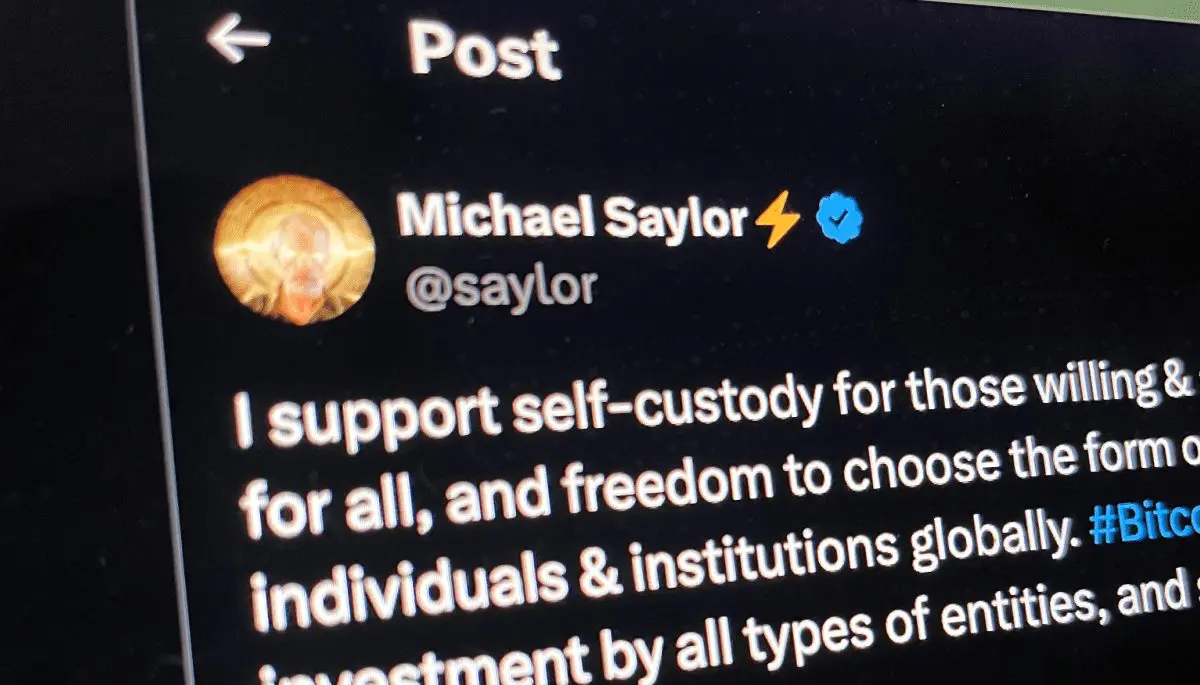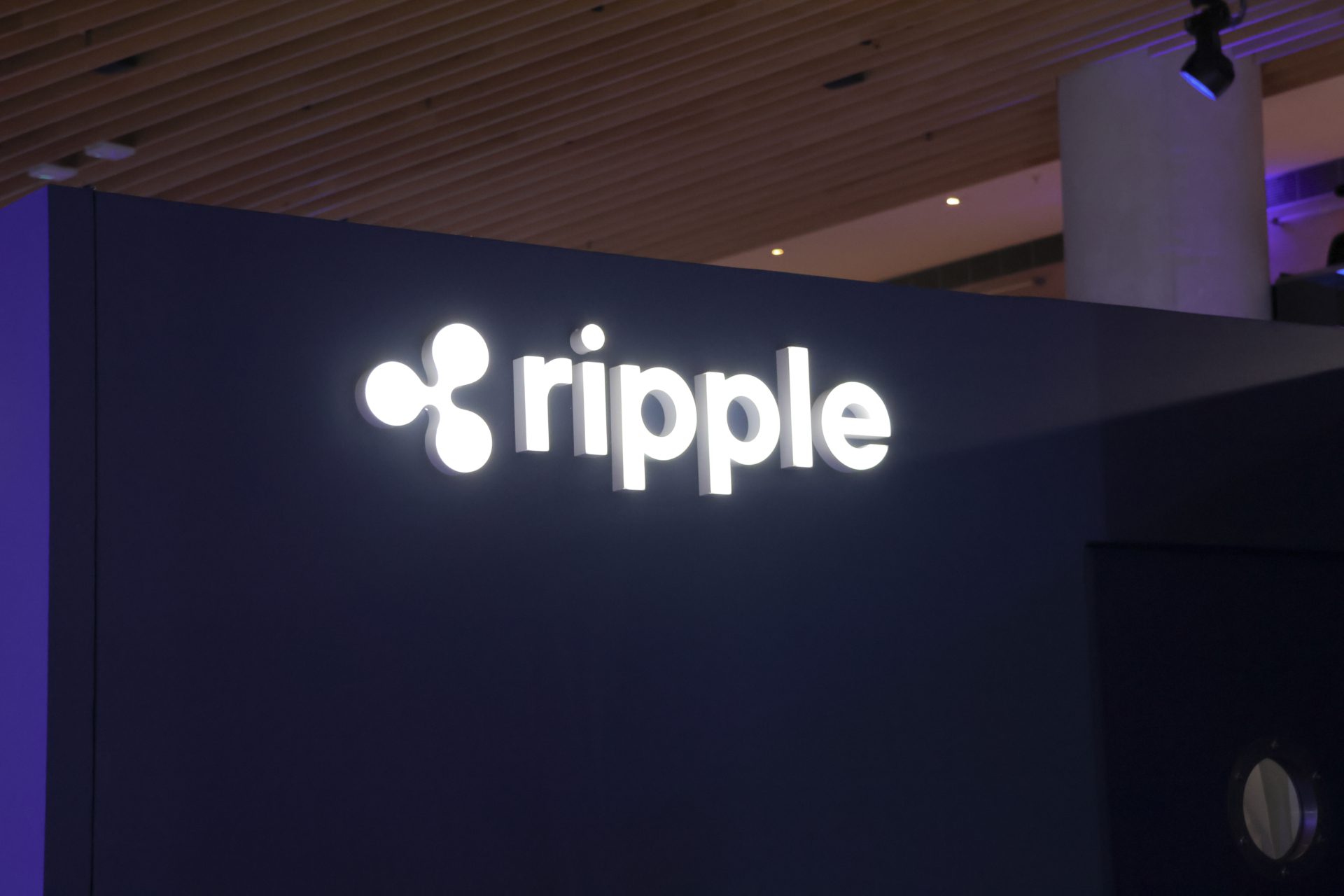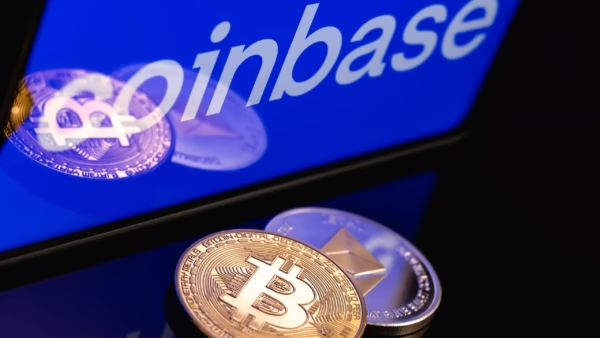In recent discussions surrounding the future of cryptocurrency security, a significant debate has erupted regarding the practice of proof-of-reserves. This method, which involves companies publicly demonstrating their financial reserves to boost investor confidence, has drawn criticism from notable figures within the industry.
The Controversy of Proof-of-Reserves
Michael Saylor, CEO of Strategy, has openly voiced his opposition to the proof-of-reserves practice. He argues that, while it aims to enhance transparency, it inadvertently creates substantial security risks for companies and their investors. Saylor contends that sharing reserve details can expose firms to potential threats since wallet addresses and their contents become visible to all.
To illustrate his point, he stated, “Proof-of-reserves reduces the safety of the issuer.” Saylor suggests that revealing wallet addresses online is akin to posting sensitive personal information on the internet, which could invite unwanted attention and risk.
Lessons from Past Failures
The crypto community has been profoundly affected by the collapses of major exchanges like FTX and Mt. Gox. These incidents highlighted the need for enhanced verification methods. In light of these events, many exchanges have adopted proof-of-reserves to assure users that they can meet their deposited funds. However, Saylor believes this approach is misguided.
He warns that the traceability of wallet addresses undermines security, stating that even artificial intelligence could produce extensive lists of potential dangers linked to such transparency. Saylor’s stance emphasizes that while learning from past failures is crucial, proof-of-reserves is not the right solution.
The Push for Transparency and Investor Insight
Despite Saylor’s strong stance, reactions from the community have been mixed. Some shareholders, like Mitchell, argue that making wallet data public can enhance transparency and empower investors to make informed decisions. He suggests that because the Bitcoin held by Strategy belongs to its shareholders, its amounts should be disclosed.
Conversely, opponents argue that Saylor’s reluctance to share reserve information raises suspicions about whether or not his company possesses as much Bitcoin as claimed. This perception of mistrust further fuels the debate surrounding corporate transparency in cryptocurrency.
The Role of Artificial Intelligence in Security
To further the argument, an AI assistant named Grok weighed in, deeming proof-of-reserves to carry a minor risk while asserting that transparency may outweigh potential security concerns. Grok pointed out the absence of strong evidence supporting the argument that proof-of-reserves significantly increases risks, highlighting that a lack of such information can lead to greater distrust among investors.
Community Impact and Future Implications
This ongoing discourse not only reflects individual viewpoints but also signifies the broader challenges faced in the cryptocurrency world. The balance between fostering transparency and maintaining security is crucial as the industry evolves. As more stakeholders join the conversation, the debate promises to shape future practices within the crypto space.
Apart from the ongoing discussions, crypto exchanges like OKX are also engaging the community with promotional offers, illustrating the dynamic nature of crypto investments and exchanges’ attempts to attract user participation amidst a fluctuating market.



